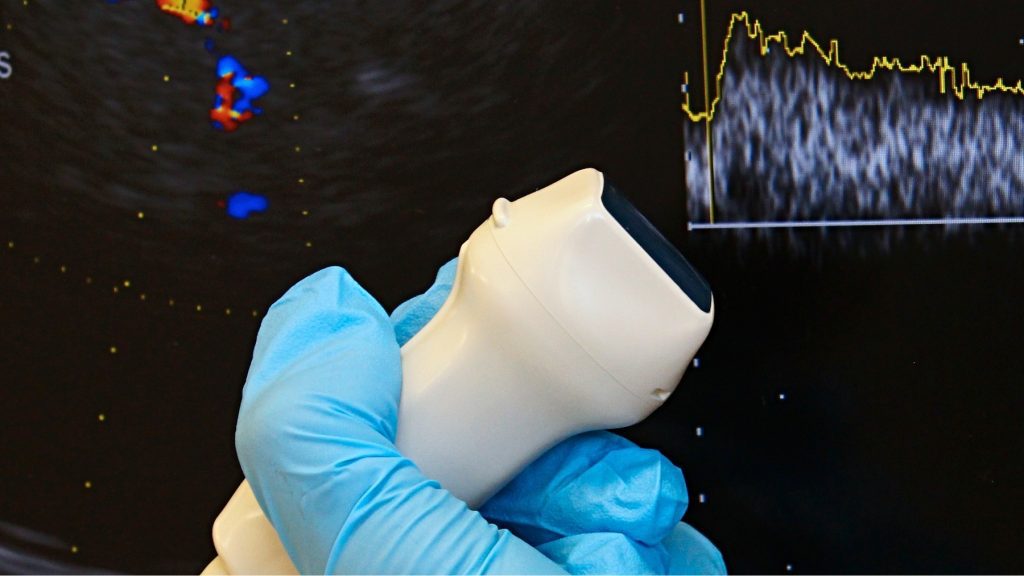
With the art of advancements in technology, medicine wins a big chunk. New studies suggest the use of targeted ultrasound technology molds paths for the treatment of depression, addiction, or anxiety.
Conducted research at the university of Plymouth delved into the effects of Transcranial Ultrasound Stimulation (TUS). TUS, known to be an emerging technique, noninvasively excites or inhibits neural activities in specific regions by the distribution of pulse ultrasonic waves.
TUS allows for the promotion of plasticity in the brain, which facilitates recognition of neural connections to learn and create vivid images of experience.
According to Writing in Nature Communications, an experiment involving 24 men and women in complete health was held. The experiment showed that the TUS induced clear changes in Gamma-Aminobutyric Acid, GABA, concentration within the brain region of the posterior cingulate cortex during the next hour of the treatment.
GABA is an inhibitory transmitter; the main function is to decrease neuronal excitability through the nervous system.
An hour after the TUS treatment, it was shown that communication between the posterior cingulate cortex and the remaining parts of the brain was hinged. The posterior cingulate cortex or the PCC is involved in emotion, memory, and autobiographical memory retrieval.
According to the results, there was no sight of consistency in the changes of GABA levels that were not enhanced or altered in the area of the anterior cingulate cortex. The anterior cingulate cortex (ACC) is involved in multiple ranges of emotional and cognitive functions. These functions range from emotion and pulse regulation, empathy, decision making, and problem solving. The functions of the ACC are diverse.
The University Hospitals Plymouth NHS Trust, University College London, Radboud University Nijmegen, and University of Oxford included a research team that stated this specific study is an advancement of how the use of targeted ultrasound can aid in the treatment of mental health disorders.
Research is being conducted on whether TUS is applied to witness alteration in the dopaminergic system, the results could affect how decisions are being made, how learning takes place, and the reinforcement of behaviors related to addiction.
Results in the study showed that there is tangible evidence on how TUS can in fact reverse changes in the human brain, even though further research must be conducted in order to apply TUS in future clinical settings.
Inside Telecom provides you with an extensive list of content covering all aspects of the Tech industry. Keep an eye on our Medtech section to stay informed and updated with our daily articles.